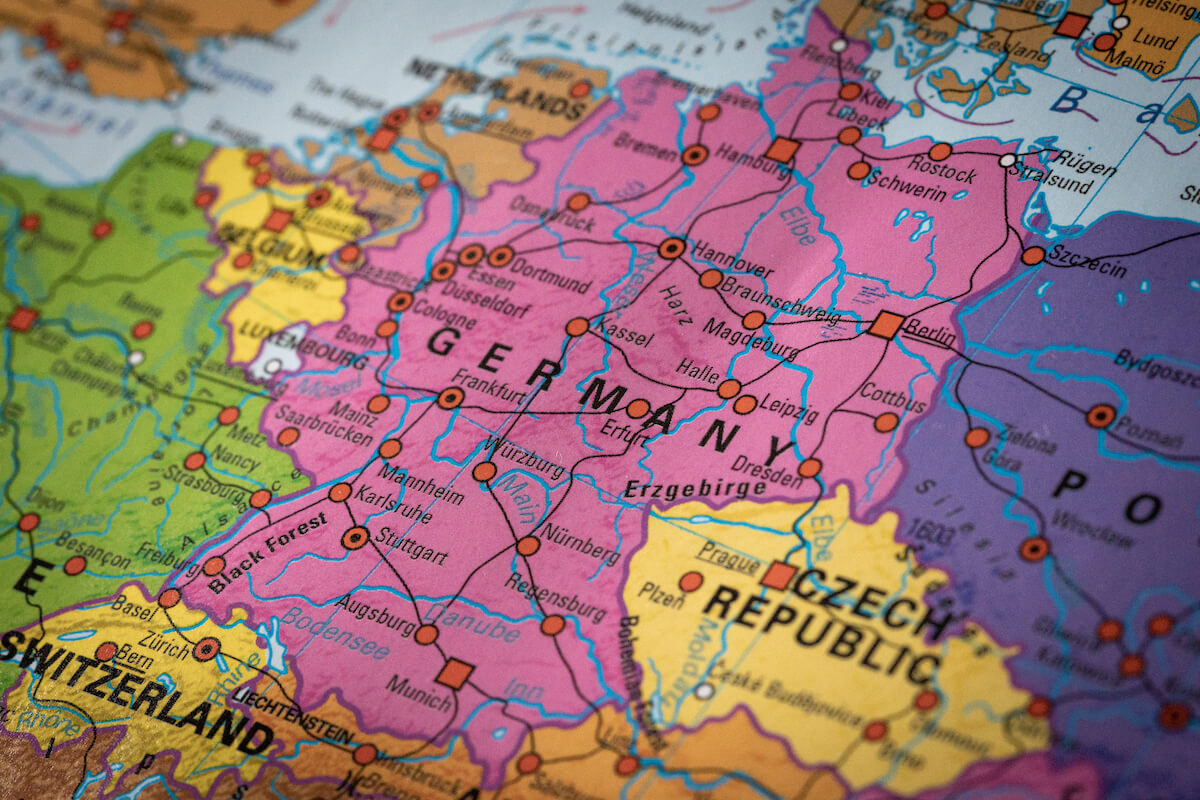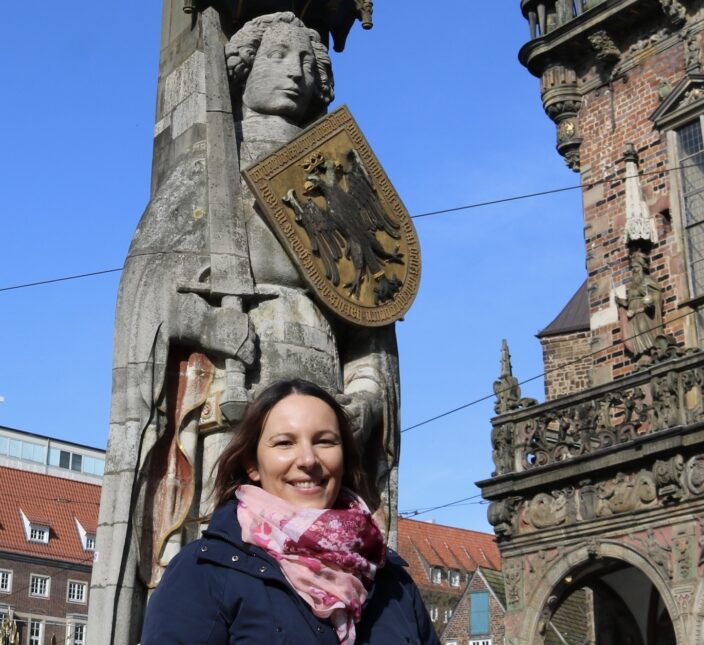As you start planning your German ancestry trip adventure, you will eventually ask yourself when to visit Germany. So in this guide, we will give you an overview of what the weather in Germany is like in spring, summer, fall and winter.
What’s the best time to travel to Germany?
Germany has a “temperate climate zone” (also referred to as “moderate climate zone”). This means that the summers in Germany are mild to warm while the winters are cool to cold. Therefore, Germany is a destination you can visit all year round.
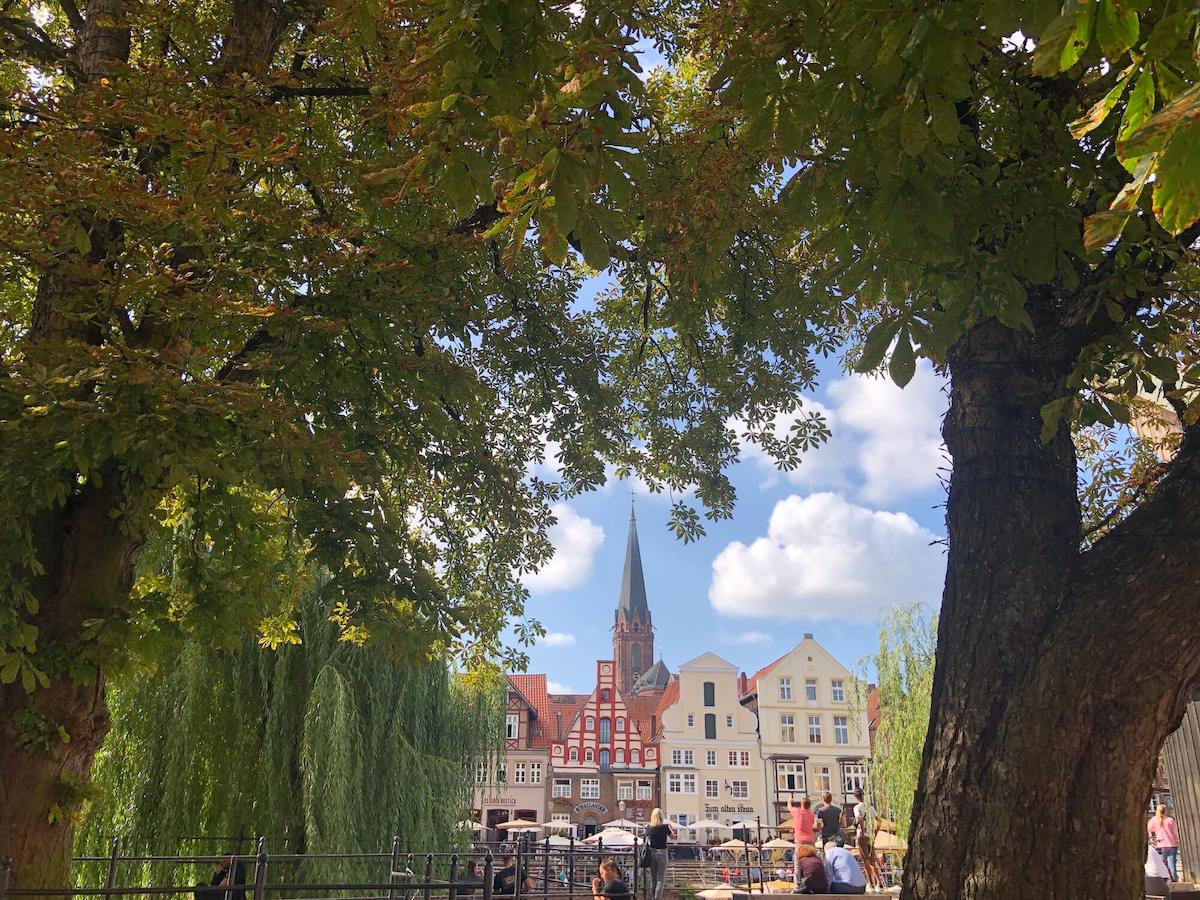
Regional differences between northern and southern Germany
Southern Germany has a more “continental climate” because it is further away from the coastline and has a lot of high mountains (for example the Alpes). Therefore, in southern German regions and cities, such as Munich in Bavaria, the weather tends to get hotter during the summer. But in the winter, it also gets colder with usually more snowfall.
Northern Germany is located close to two seas: The North Sea in the west and the Baltic Sea in the east. Therefore, we have a more “maritime climate” here. The winters are milder and not as cold, and the summers are usually not that hot. It is also windier and there is often more rain in northern Germany.
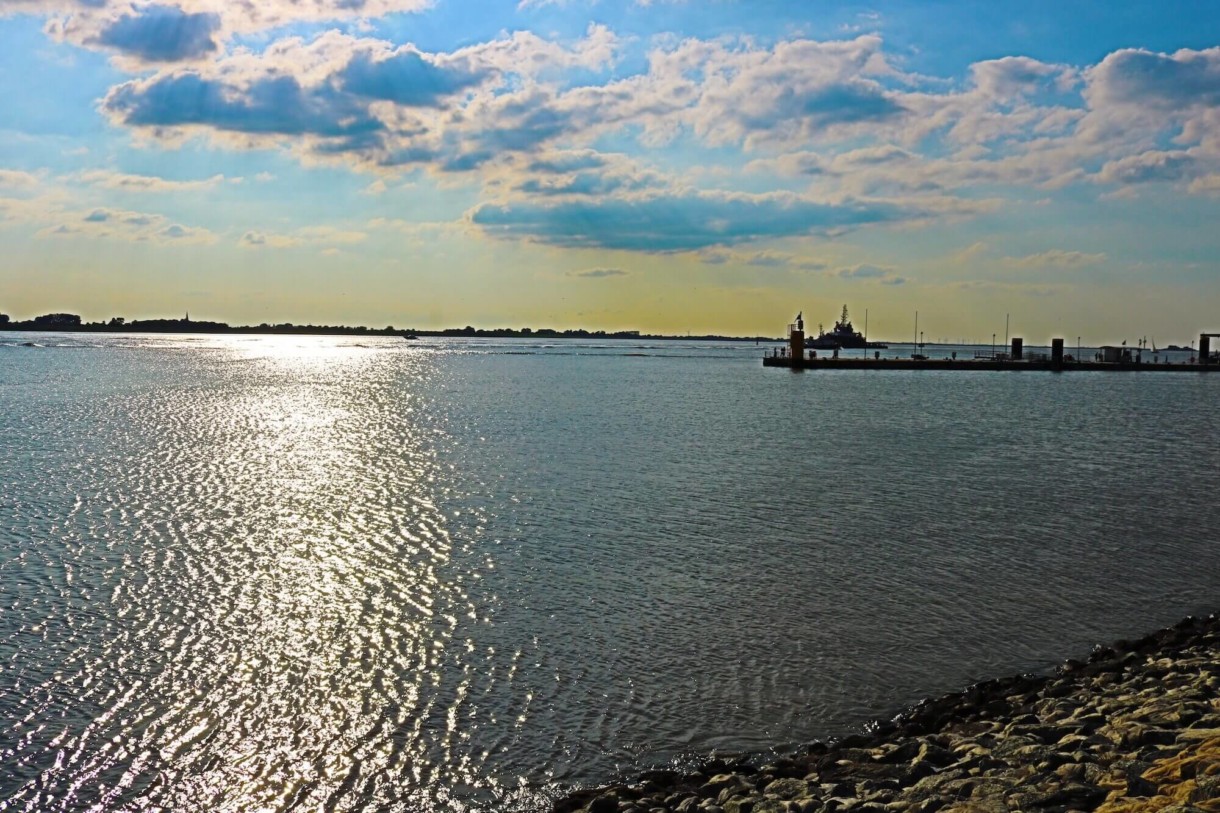
The four seasons in Germany
There are four distinctive seasons in Germany: spring, summer, fall and winter. To help you decide which is the best time to travel to Germany for your ancestry-inspired trip, here is a brief overview of each of these seasons and their corresponding months.
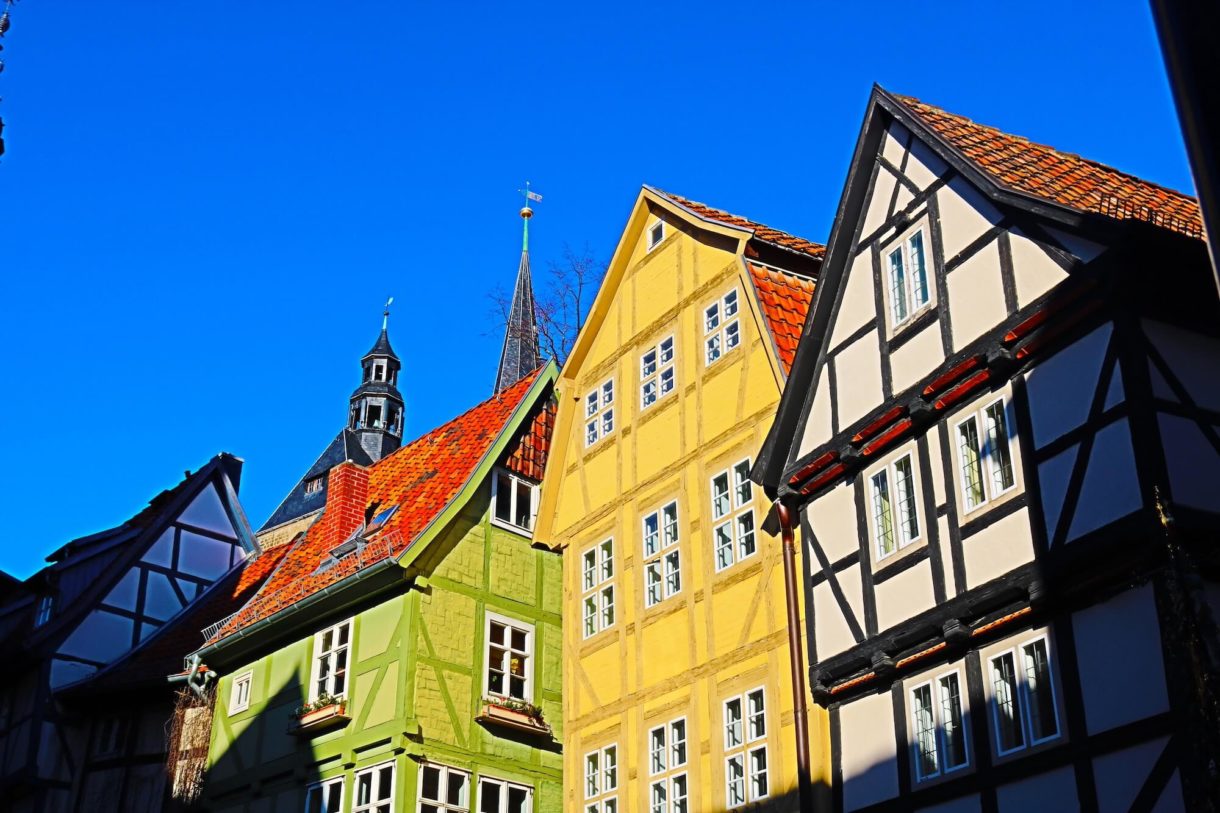
Traveling to Germany in spring (March, April and May)
The months of March, April and May are considered the spring season in Germany. March and April are often a “mixed bag”. It can still be very cold and there can even be snowfall in March and April. But it can also be milder. There is a saying in Germany, which rhymes in German: “April, April, macht, was er will”. This translates to: “April, April, does whatever he wants” in English. It refers to the fact that the weather often changes quickly in April. Sometimes, it can feel like there are all four seasons in one day.
May is usually warmer. The 1st of May is a national holiday (May Day or Labor Day) in Germany. If the weather is nice, Germans like to spend this holiday outdoors, for example on a cycling tour. From mid-April, you will also get the home-grown white asparagus (called “weißer Spargel” in German) in restaurants all over the country.

The native asparagus season is relatively short. It starts in April and ends on the 24th of June (Saint John’s Day) each year. The home-grown white asparagus is often served with potatoes or “Kroketten” (a kind of crunchy potatoes) and a butter-based sauce called “Sauce Hollandaise”.
Just like in the US, the clocks in Germany (and Europe) are moved backwards and forwards for daylight savings each year. For now at least. The European Union is discussing to get rid of daylight savings. But so far, nothing has been decided. Bear in mind though that the clocks are moved backwards and forwards at different times than in the US. On the last Sunday in March, the clocks are set forward one hour and on the last Sunday in October, they are set back one hour.
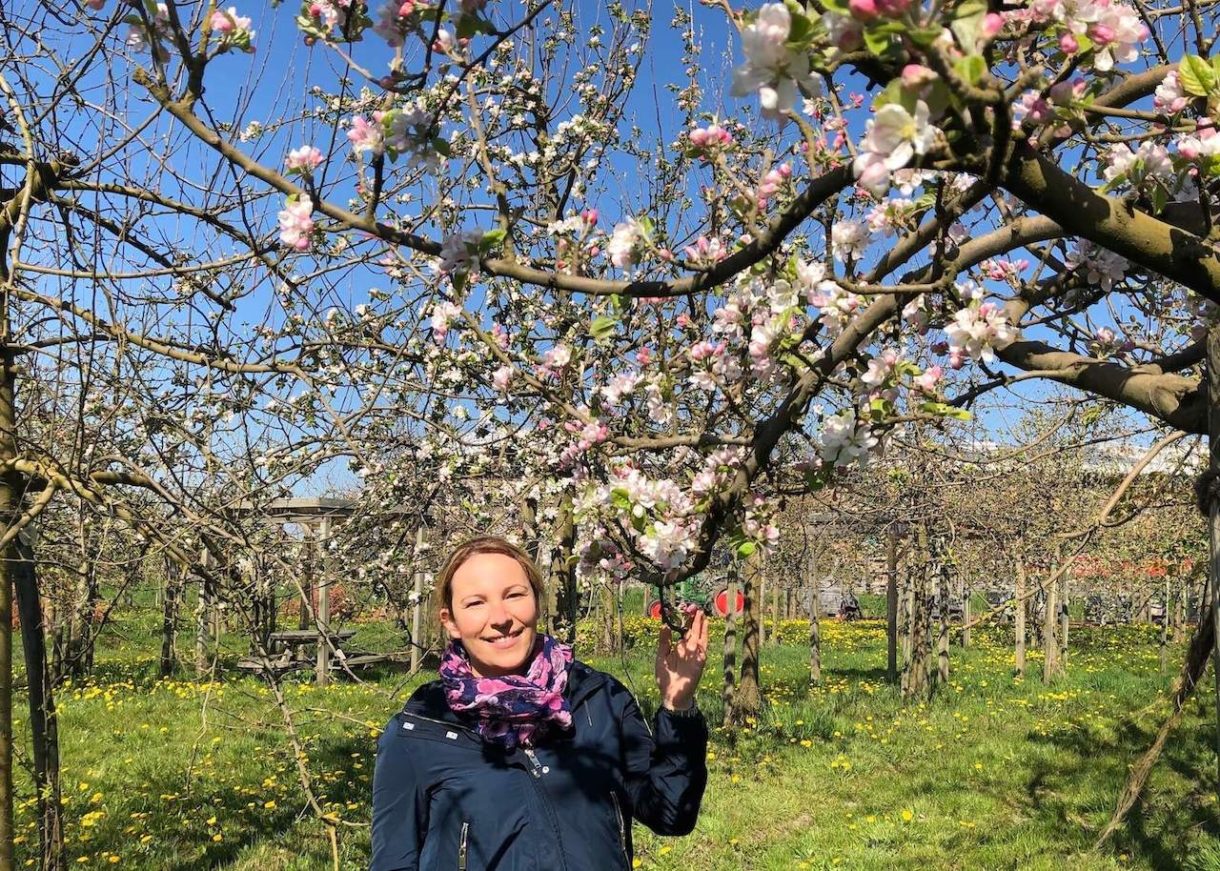
Traveling to Germany in summer (June, July and August)
The summer months June, July and August are the warmest months in Germany. Therefore, this travel period is considered the high season. Tourist attractions can get busy. The school kids will get 6 weeks summer holidays during this time. However, each of the 16 German federal states sets this 6-week-period individually.
To avoid major conjugation and traffic jams on the Autobahn (highways), the German states with a larger population, for example North Rhine-Westphalia and Bavaria, do not get their summer holidays at the same time. You should still bear this in mind when driving and visiting tourist attractions in Germany during this time.
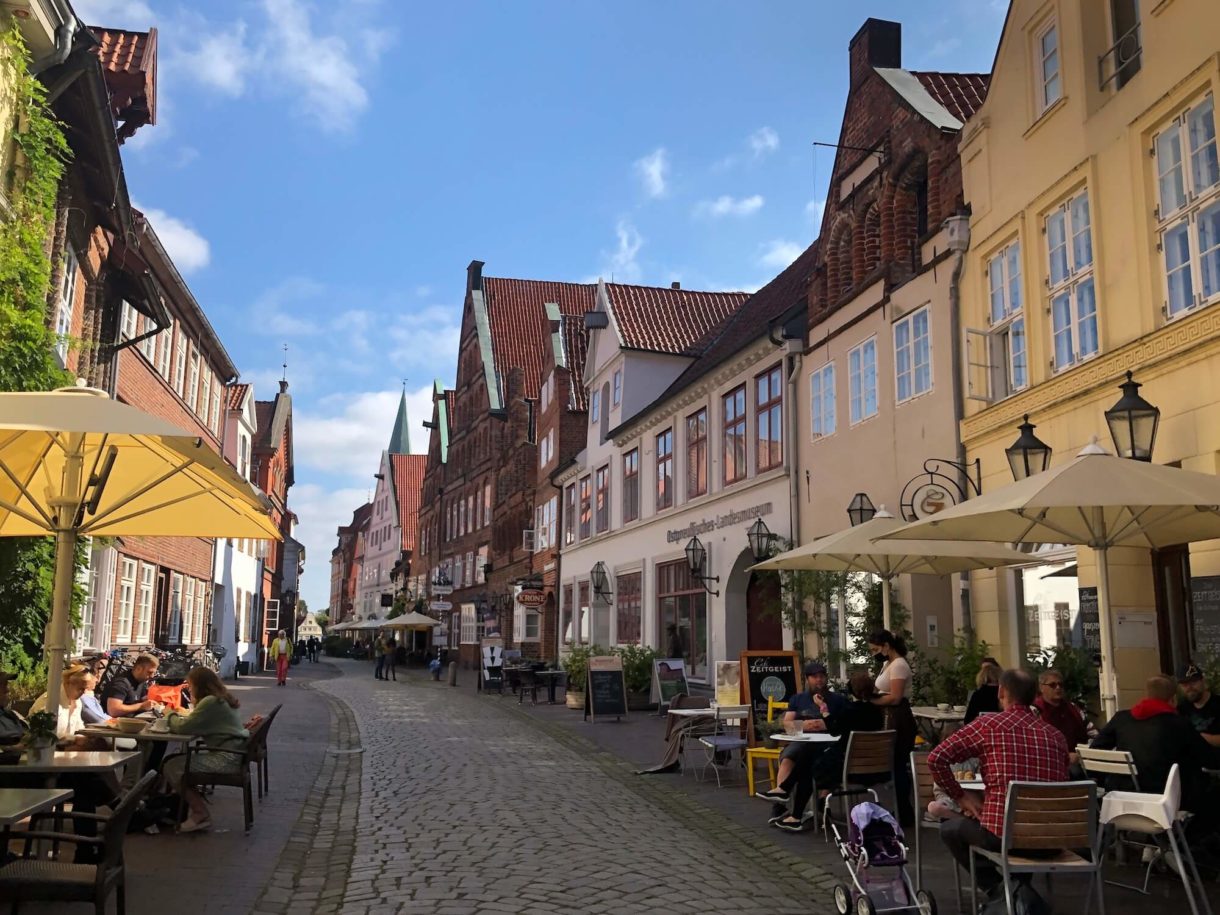
In the summer, it can also get hot. Air conditioning is not as widely available in Germany as it is in the US. This is because in the past, it hardly ever got really, really hot in Germany. Really hot for us is anything over 30 degrees Celsius (86 degrees Fahrenheit). Also, if it does get really hot and there is a “heat wave”, this normally only lasts for a couple of days. After that, it will cool off again for several days or even weeks.
However, due to climate change, we have experienced more heat waves in recent years. The year 2018 was especially hot and dry. So if you are traveling during this time, you might want to check whether your accommodation features air-conditioning. Many of the more modern hotels in Germany do. You could also bring a small travel fan to cool off.
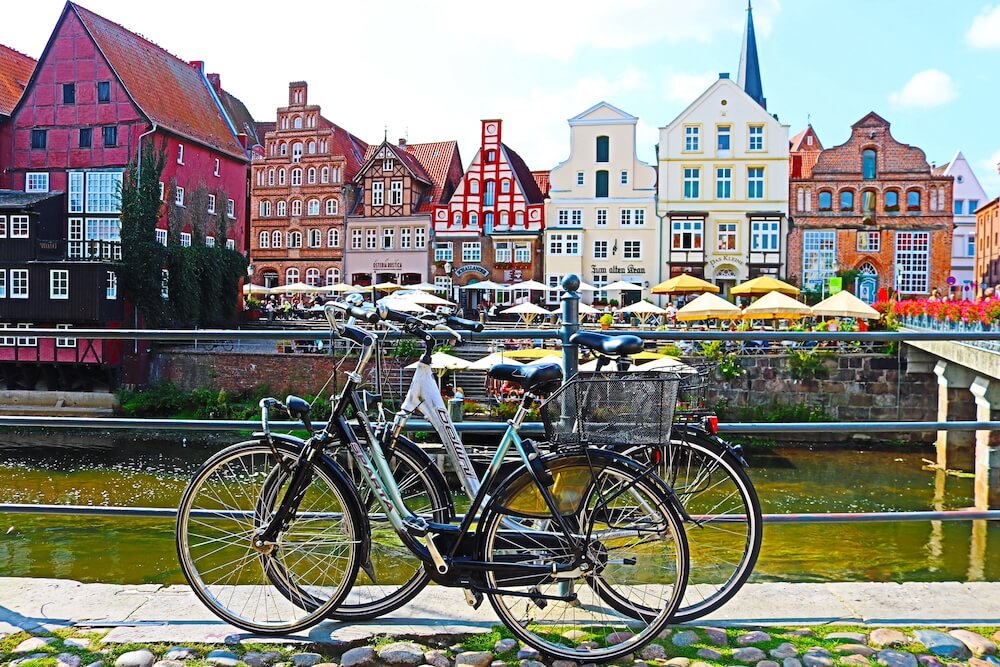
What is really great about travelling to Germany in the summer months though is that the sun won’t set until 10 or 11 pm at night. Thus, you can enjoy very bright evenings from the end of April onwards. The longest day each year is the 21st of June.
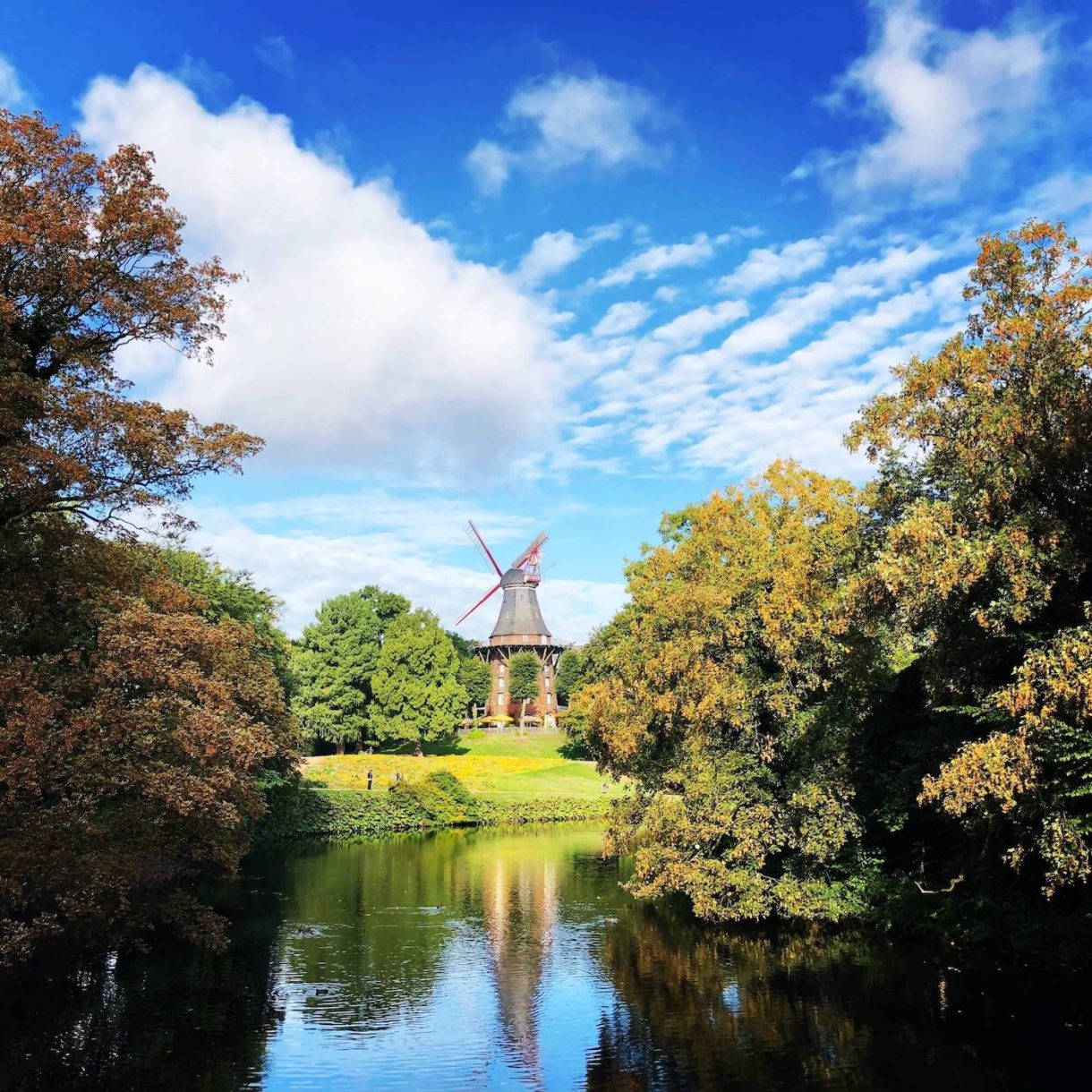
Traveling to Germany in fall (September, October and November)
The fall months can be a great time to visit Germany: Especially in September, it can still be quite warm and sunny, but with less crowds than in the summer. From October onwards, the leaves of the trees start to change their colors. This means, you can take many beautiful photos with red and yellow trees – and if you’re lucky a clear blue sky in the background.
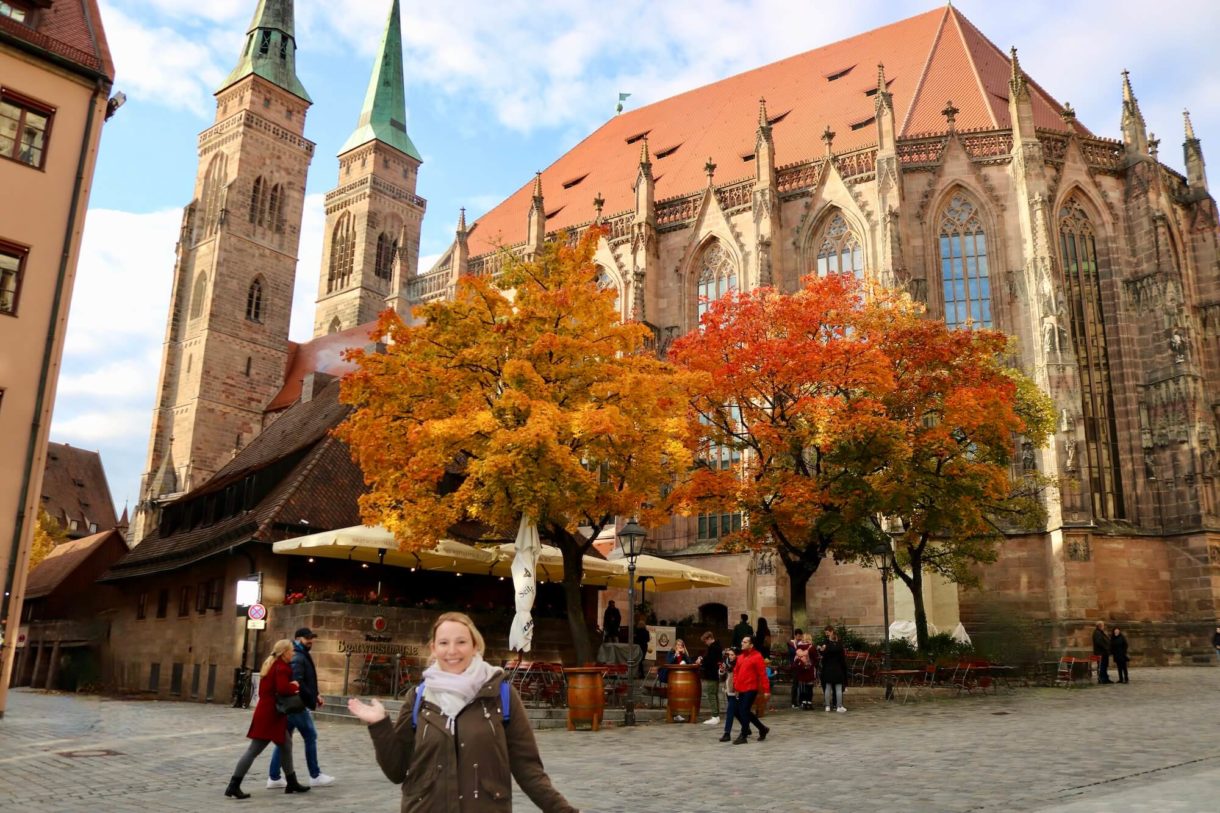
If you planning to visit the Oktoberfest in Munich during your ancestry trip to Germany, bear in mind that contrary to its name, this festival actually takes place mostly in September. Check the official website of the Oktoberfest in Munich for the dates of the year you are planning to visit. In 2024, the original Oktoberfest runs from Saturday, 21st of September until Sunday, 6th of October 2023.
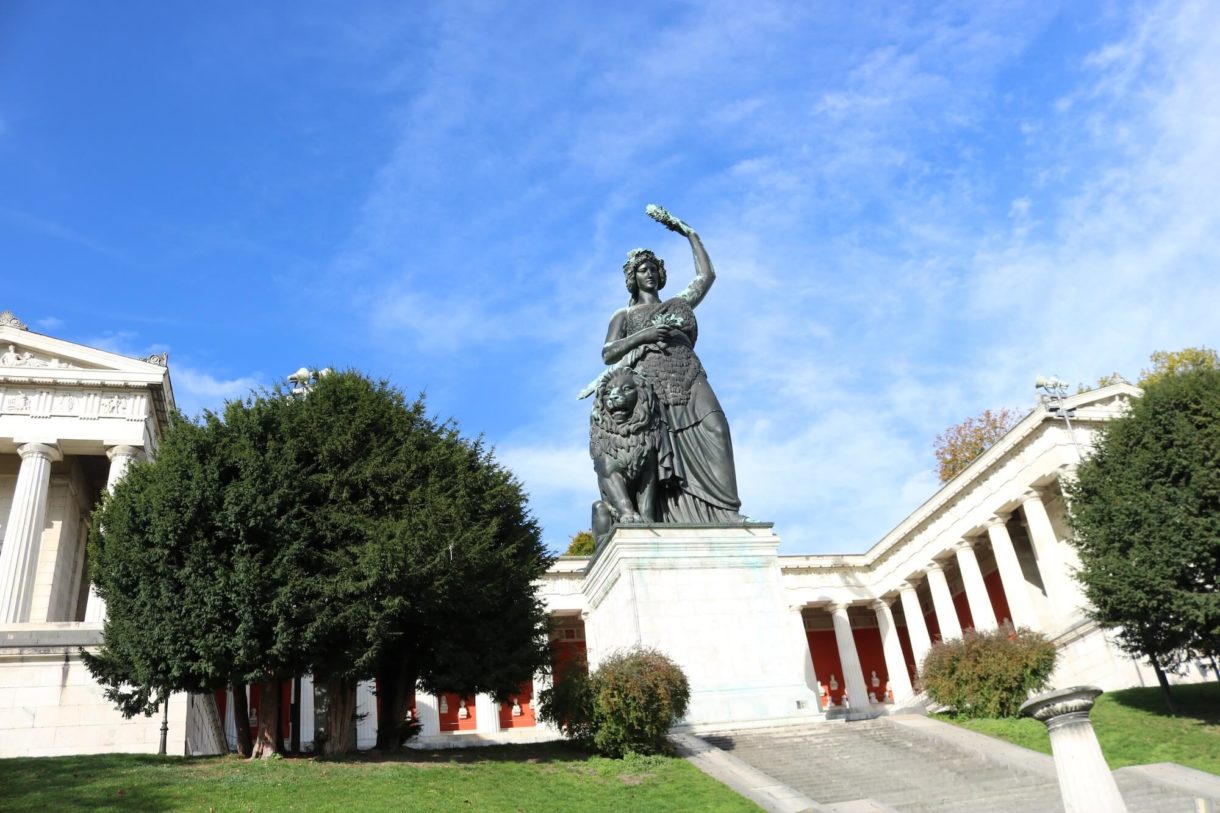
The 3rd of October is also a public holiday in Germany. The so-called “Reunification Day” remembers the reunification of the two former states East Germany and West Germany in 1990. This happened one year after the Berlin Wall came down in November 1989. Thus, bear in mind that most shops will be closed on this day like on a regular Sunday.
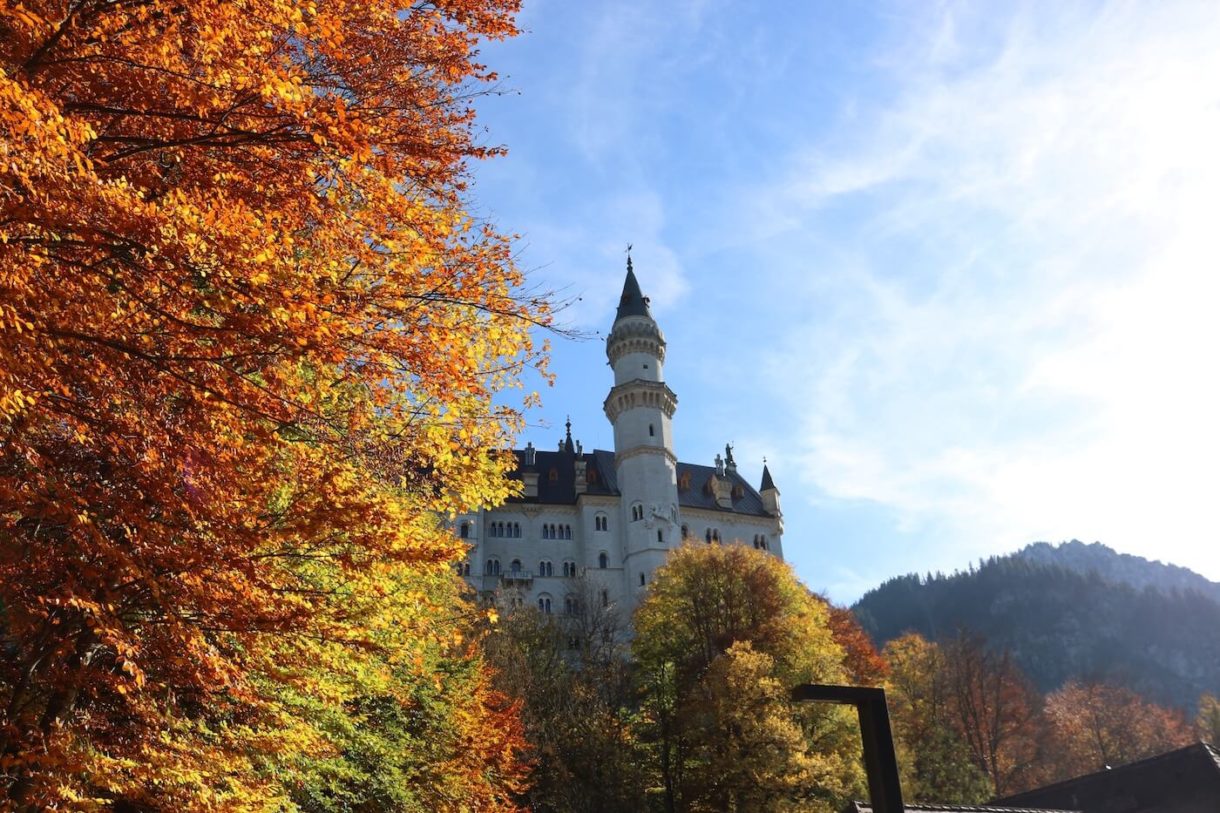
November is a rather quiet month. The days are quite short, so there is a lot of darkness. And during the daytime, it is often grey and foggy. However, it can still be a good time if you prefer a more relaxed pace to explore your ancestral hometowns. It might also be one of the cheapest times to travel to Germany. Some towns have Saint Martin’s parades on 11th of November (Saint Martin’s Day), during which you can see a procession of kids with lanterns.
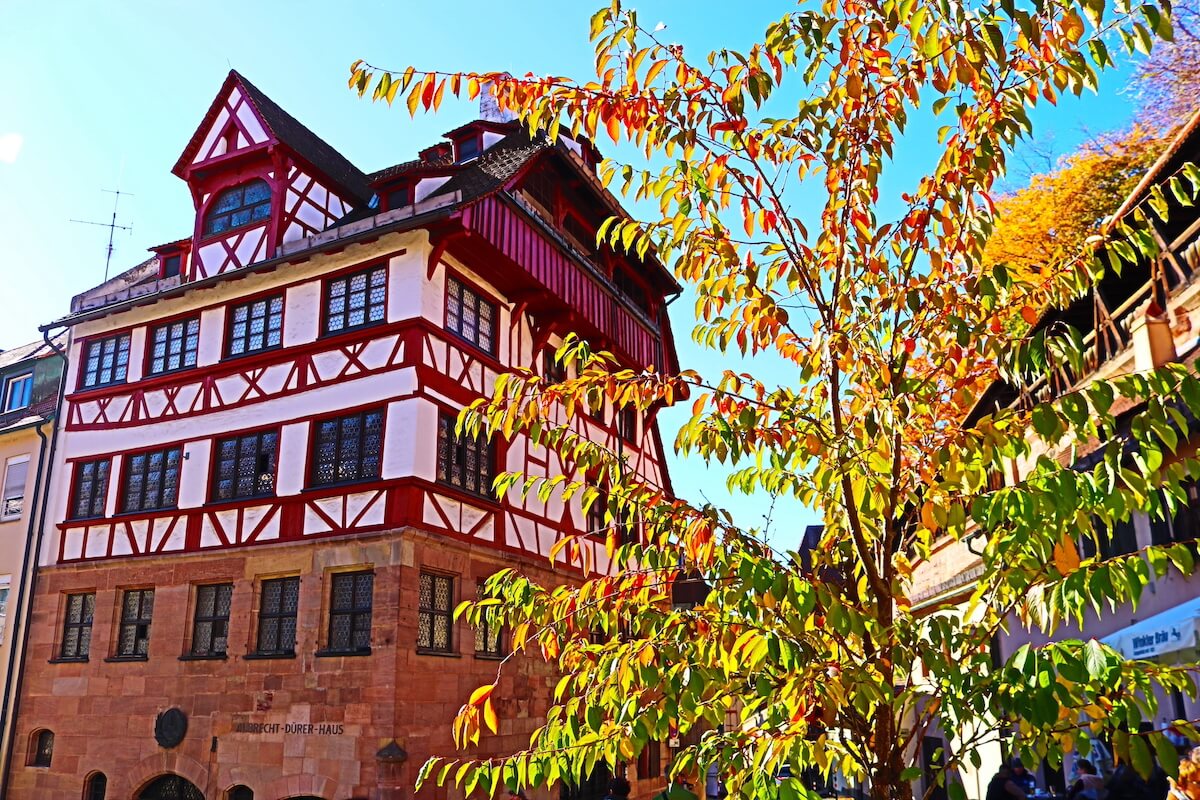
Traveling to Germany in winter (December, January and February)
The month of December is the darkest month in Germany and the sun sets early. It will be dark at around 4 pm in the afternoon. The shortest day of the year is the 21st of December. However, December is of course the month to come if you are planning to check out one or more of the famous Christmas markets in Germany.
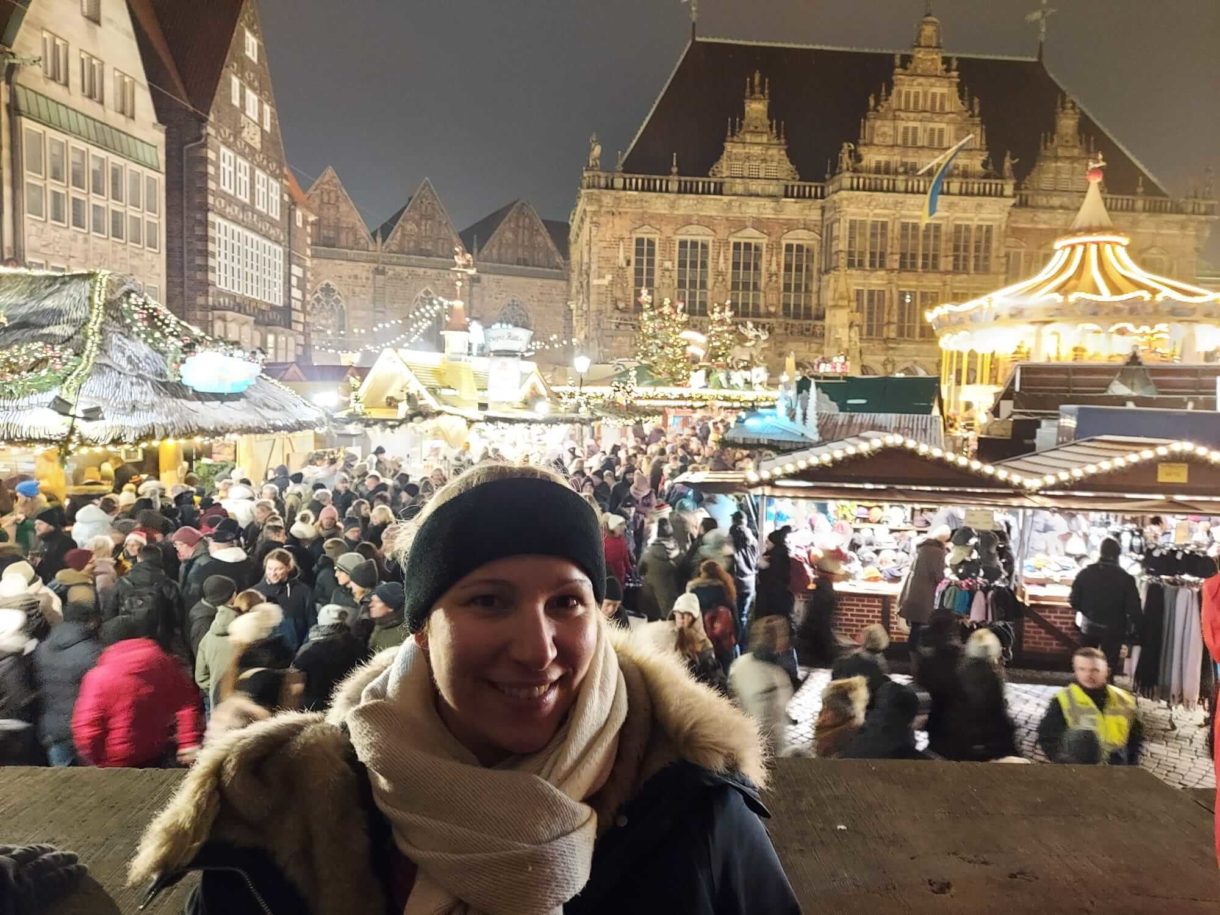
Almost every town will have a Christmas market. However, in the smaller towns, the Christmas market will often be on for one weekend only. The Christmas markets in larger cities, for example the Bremen Christmas market, last for several weeks. They usually start in late November and will end just before Christmas, often on the 22nd or 23rd of December.
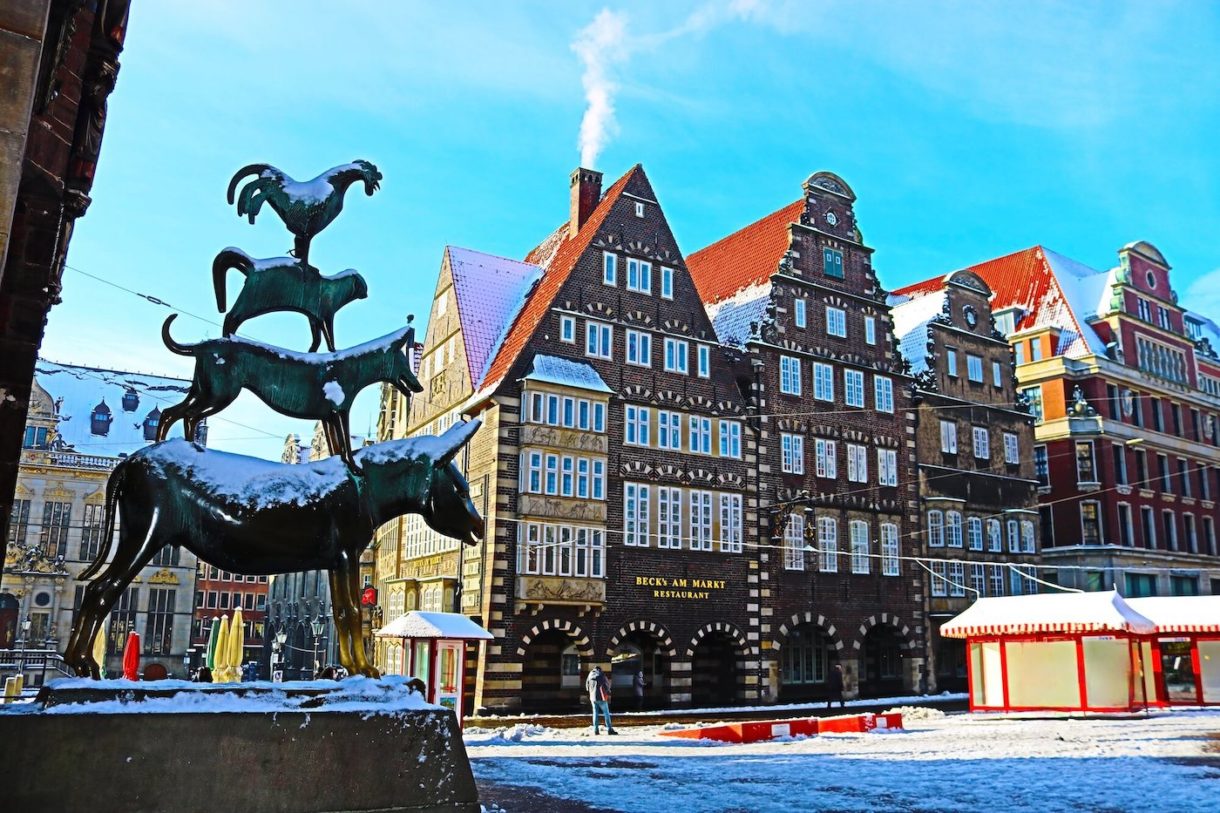
In winter, there can be snow in Germany, but it’s not guaranteed. In general, the southern parts of Germany, especially the mountain regions, get more snow. For that reason, you will also find lots of skiing resorts in the south of Germany as well as in Austria and Switzerland. If you are looking for snow in the north, head to the Harz Mountain region that belongs to the federal states of Lower Saxony and Saxony-Anhalt.

That’s what I did in February 2019. There, you can still take a traditional steam train, which are not in use within the regular train system in Germany anymore. The steam train will take you up the Brocken mountain – the highest mountain in northern Germany. Up here, there is usually quite a lot of snow.
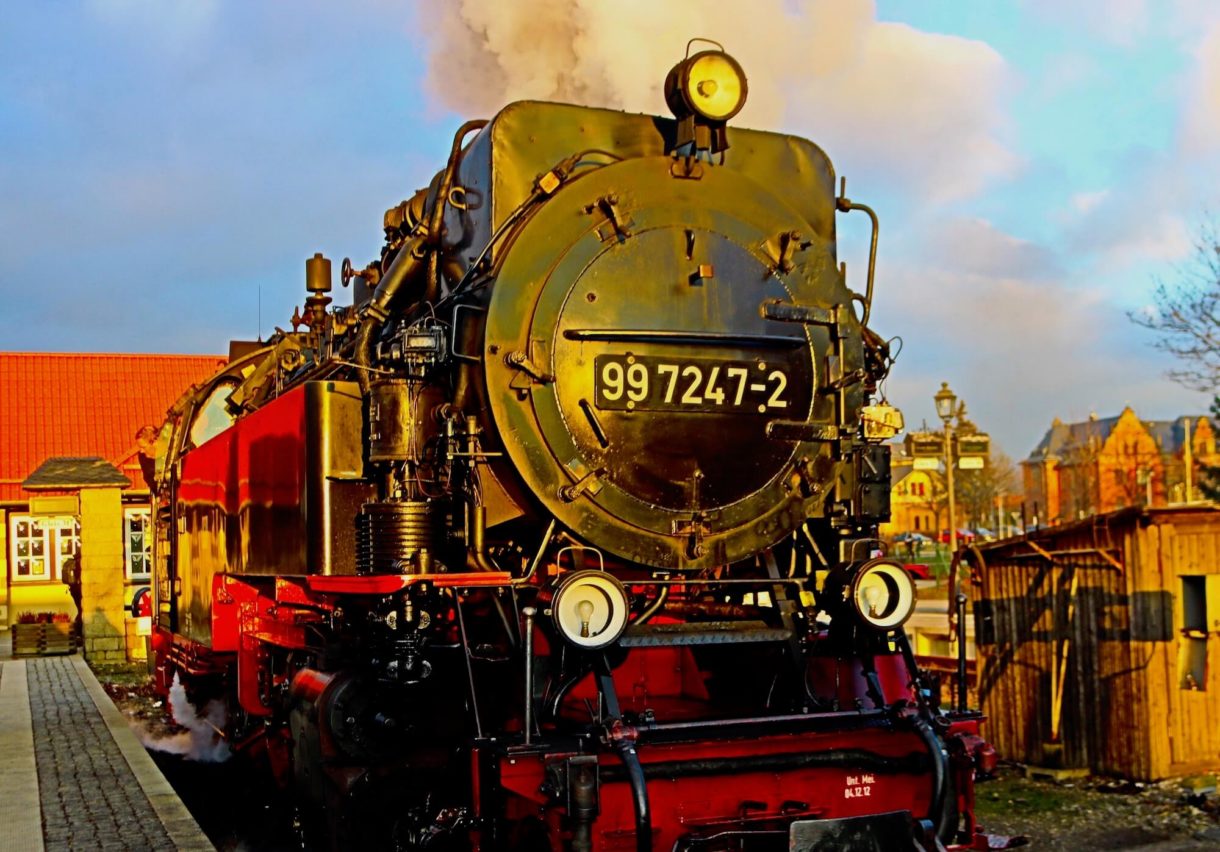
The end of January and beginning of February also marks the carnival season. This is not celebrated in all of Germany and carnival is not a public holiday. However, there are some “carnival strongholds”, especially in the middle and south of Germany, where people like to dress up in costumes. This is similar to “Halloween” in the US.
In cities, where carnival is a big thing, special carnival associations prepare all year for big, professional carnival parades on Shrove Monday (“Rosenmontag” in German). The largest parades take place in the cities of Cologne and Mainz. “Karneval” or “Fastnacht”, as it is called in some places in Germany, refers to the Christian fasting tradition. The carnival feast marked the last time people could eat meat before a 40-weeks fasting period began that lasted until Easter.
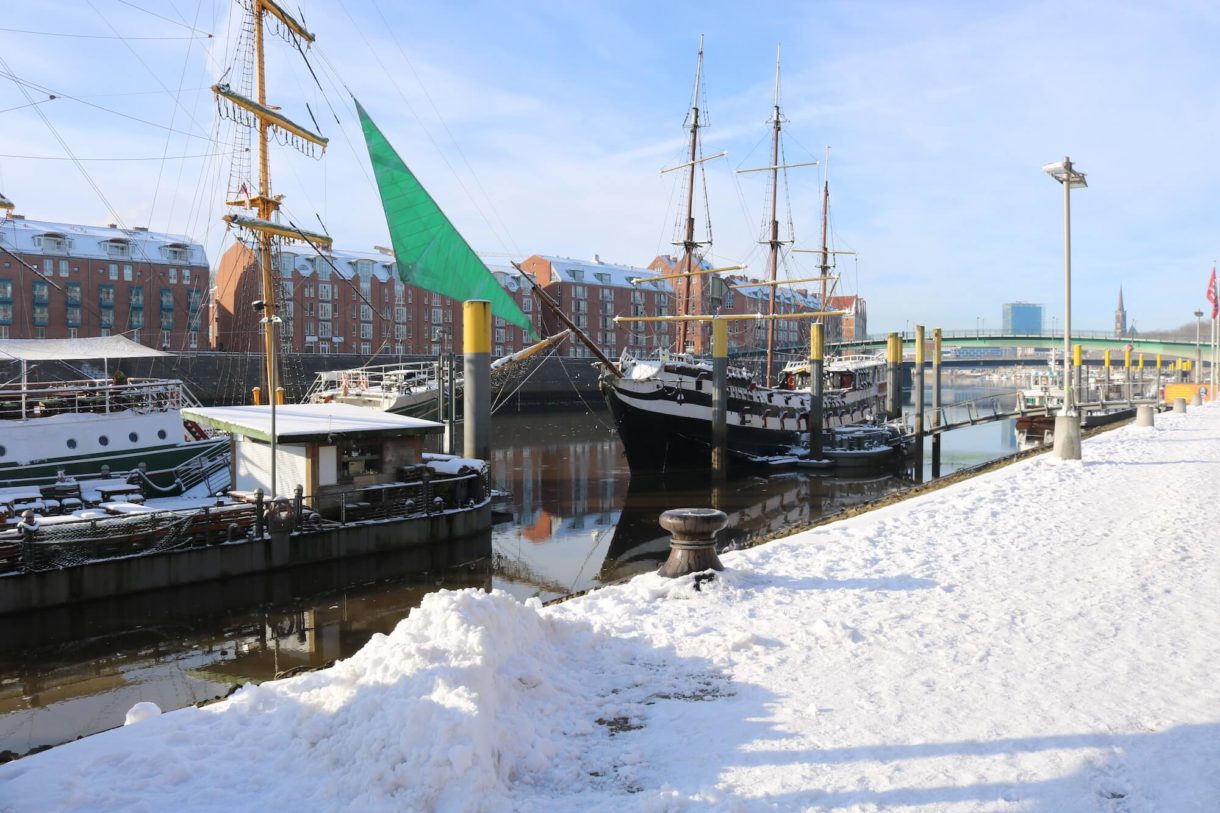
So, when is the best time of the year to visit Germany?
To sum up: If you like warm temperatures and long days, plan your ancestry trip to Germany in late spring or summer. If you like snow, cold days and the traditional Christmas markets in Germany, come in winter. And to enjoy the more relaxed pace in the low season, choose a travel month from January to May or from September to November for your Germany vacation.
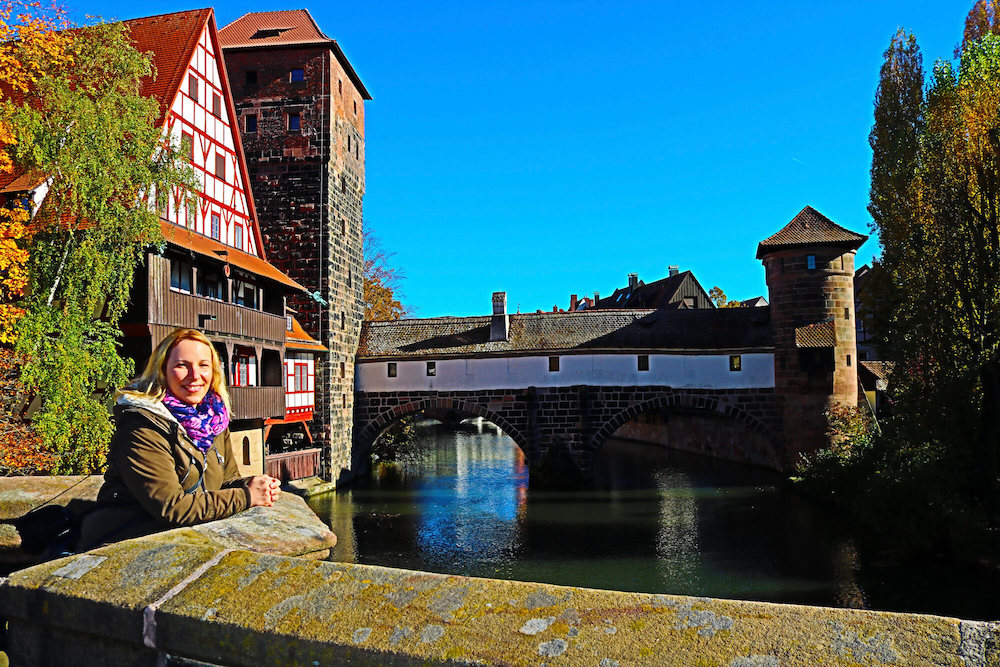
Coming soon: The Germany Trip Planning MASTERCLASS
Are you planning an ancestry trip to Germany to find out more about your German ancestors? If so, you don’t want to miss our upcoming Germany Trip Planning MASTERCLASS, which will open for enrollment in the summer / early fall of 2024!
The Germany Trip Planning MASTERCLASS is a self-learn online course with monthly live calls via Zoom and a private Facebook group for all course participants. It is designed to plan your trip within 12 weeks (3 months), but you will access to the course for 12 months.
But, the online course only opens its doors for a few days. If you join the non-binding waiting list, you will get an email reminder when the course opens for enrollment.
Here is an overview of the 9 modules in the course:
Module 1: Your journey begins: Introduction & Overview
Module 2: Willkommen in Deutschland (Welcome to Germany)
Module 3: Your journey to Germany
Module 4: Your ancestor’s journey
Module 5: History & Culture of Germany
Module 6: Refine your travel options
Module 7: Create the perfect itinerary
Module 8: Get ready for boarding
Module 9: Create memories that last a lifetime!
Plus many more bonuses to help you plan your trip, such as checklists, ebooks etc.!
Don’t miss the opening date and your exclusive waiting list discount!
Unless otherwise credited, all photos by © Sonja Irani | MyAncestorsJourney.com

